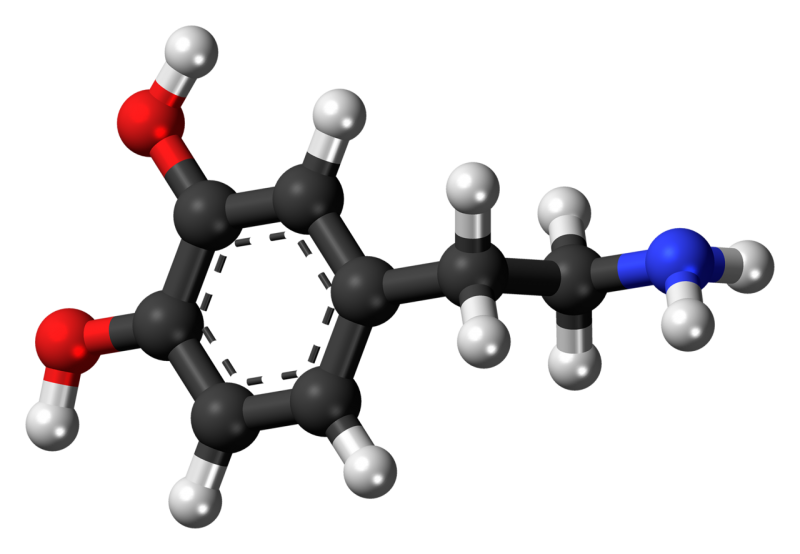

A rare mutation that causes Parkinson’s disease-like symptoms interrupts the flow of dopamine in the brain, suggests a study in fruit flies published today in eLife.
The findings provide more detailed insights about why young children with this mutation develop these symptoms. This new information, as well as previous evidence that therapies helping to improve dopamine balance in the brain can alleviate some symptoms in the flies, suggests that this could be a beneficial new treatment strategy.
Parkinson’s disease causes progressive degeneration of the brain that leads to impaired movement and coordination. Current treatments focus on replacing or increasing the levels of dopamine to help reduce movement-related symptoms. But these drugs can have side effects, do not resolve all symptoms, and often stop working over time.
“Although the exact cause of Parkinson’s disease remains unclear, studies of rare mutations that lead to the early onset of similar symptoms in some families have helped us learn more about possible causes, and suggested approaches for alleviating symptoms,” says first author Jenny Aguilar, a former graduate student at the Department of Pharmacology, Vanderbilt University, Nashville, Tennessee, US.
To learn more, Aguilar and colleagues studied genetically modified fruit flies with a mutation that causes a Parkinson’s disease-like condition in young children, called dopamine transporter deficiency syndrome (DTDS).
They showed that the mutation impairs the function of a so-called ‘gate protein’ that ushers dopamine from the outside of the cell inside. The mutation causes the gate protein to become stuck facing the inside of the cell more frequently, meaning that dopamine builds up outside. This slows the ability of the flies to motor coordinate their take off. “Over time, this dopamine build-up may lead to the production of less dopamine, causing worsening movement problems and other symptoms,” Aguilar says.
The team next treated the flies with a malaria drug called chloroquine, which has been shown in animals to increase the number of other proteins by preventing them from being recycled. They found that the drug helped to alleviate some of the flies’ movement problems.
While chloroquine is a widely available drug, it has side effects that make it unlikely to serve as a treatment for Parkinson’s disease-like symptoms, except in rare circumstances. This work suggests that developing treatments to improve the function of the dopamine-transporting protein may relieve movement symptoms and also stop the progressive loss of dopamine production.
Source: Read Full Article